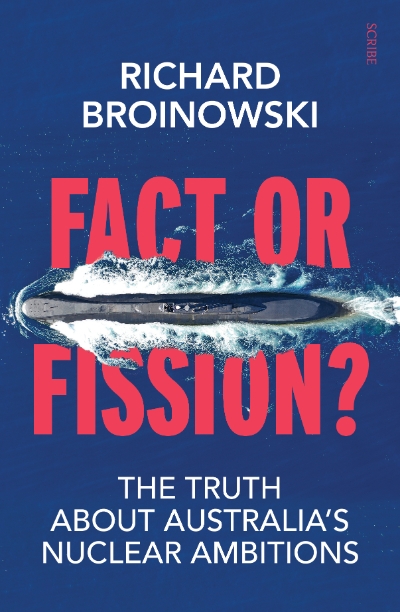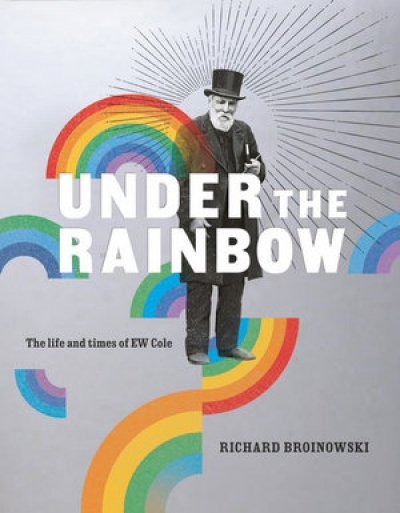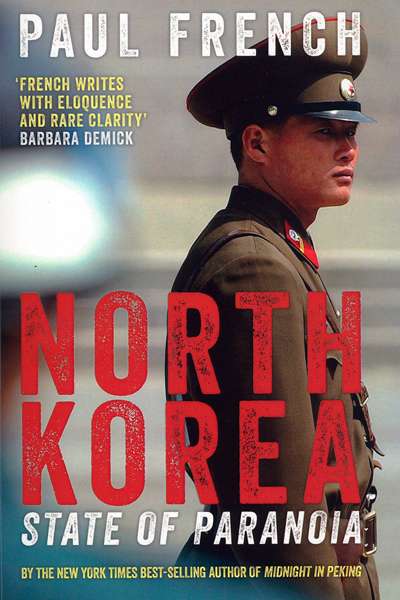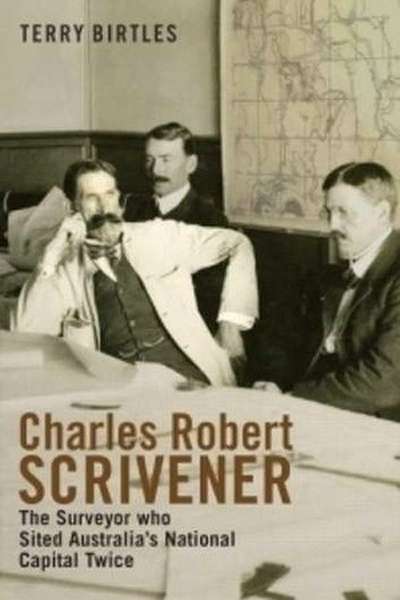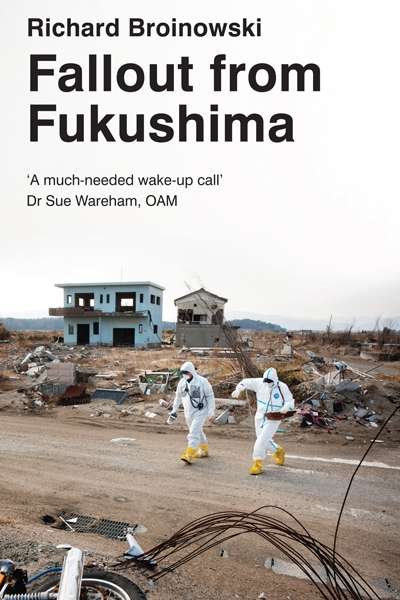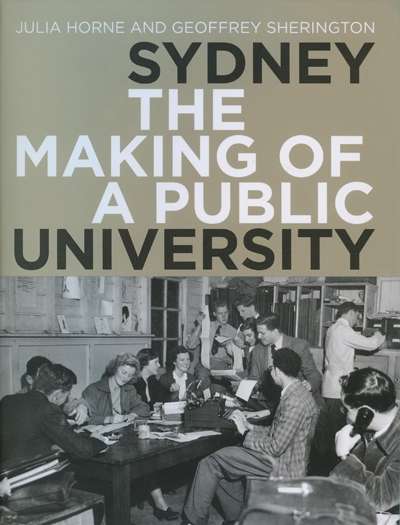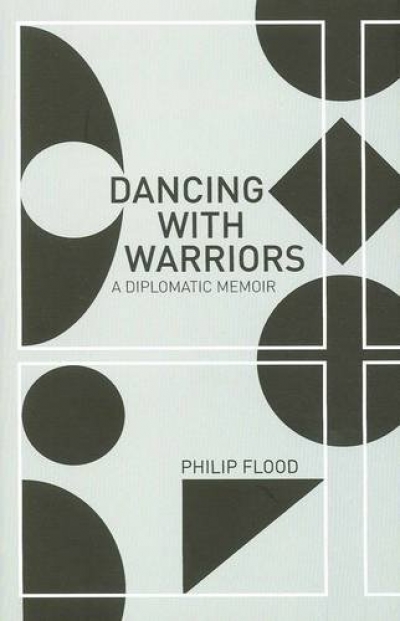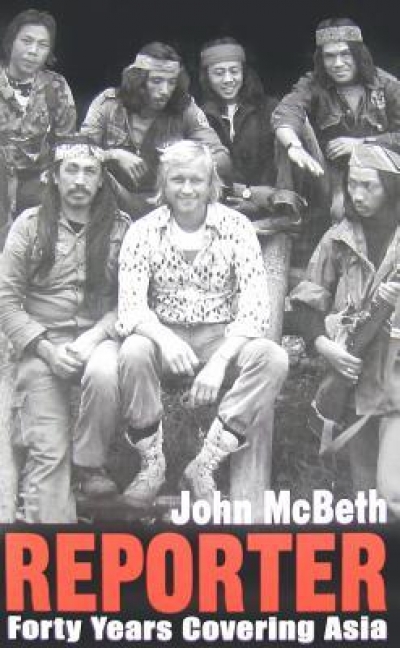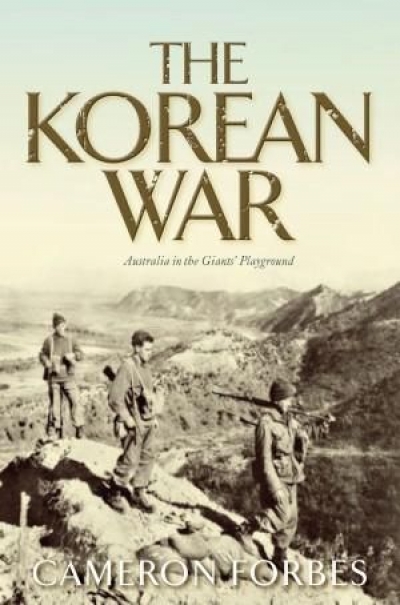Richard Broinowski
Fact or Fission: The truth about Australia’s nuclear ambitions by Richard Broinowski
by Jessica Urwin •
Under the Rainbow: The life and times of E.W. Cole by Richard Broinowski
by Jim Davidson •
Charles Robert Scrivener: The Surveyor who Sited Australia's National Capital Twice by Terry Birtles
by Richard Broinowski •
Sydney by Julia Horne and Geoffrey Sherington & From New Left to Factional Left by Alan Barcan
by Richard Broinowski •
No statues for critics
Dear Editor,
I am sorry that Judith Armstrong should have such difficulty following my point that criticism is in some sense bound to fail because it is a secondary exercise (October 2010). It was Bartók, I think, who remarked that no one ever erected a statue in honour of ...
Reporter: Forty Years Covering Asia by John McBeth
by Richard Broinowski •
The Korean War: Australia in the Giant’s Playground by Cameron Forbes
by Richard Broinowski •

